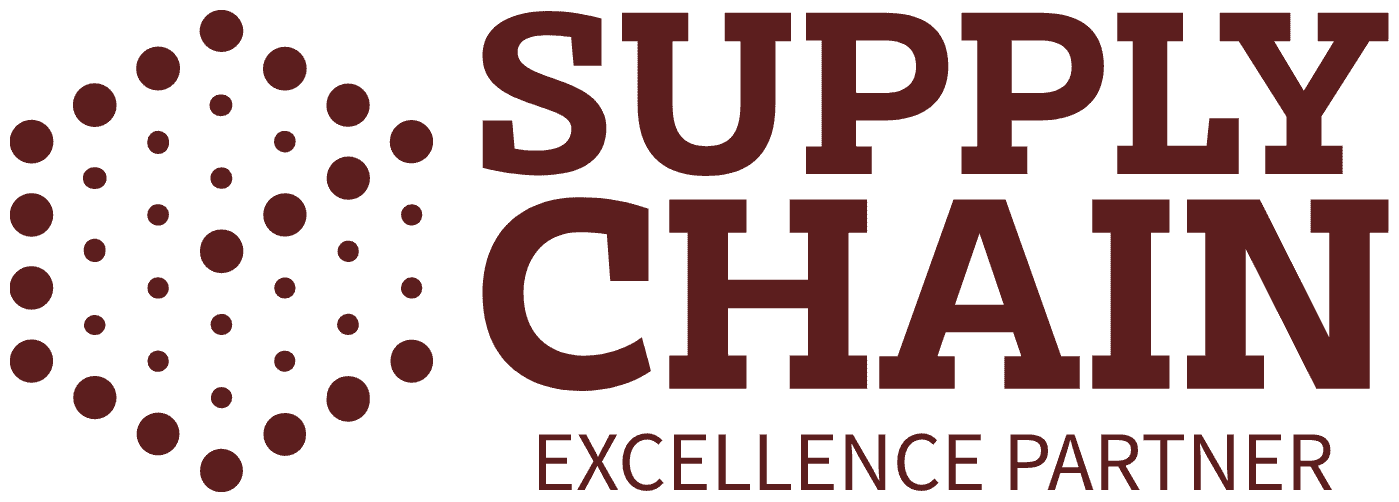“Precise forecasts instead of gut feelings – How a diversified industrial company changed its culture”

Problem
In order to plan and act with foresight, ABICOR BINZEL has focused on digitalization in its supply chain network at an early stage – including artificial intelligence. The welding technology specialist has thus created the necessary transparency to not only get through the last few years well, but also to remain clearly on course for growth, as COO Philip Röhrig reports.
ABICOR BINZEL is a leading global manufacturer of cutting and welding torches. The company, based in Buseck, Hesse, has grown steadily in recent years. “We now have 38 subsidiaries and are present in over 50 countries,” says Chief Operating Officer (COO) Philip Röhrig. The company's global operations place high demands on production, sales, and service. Although the individual subsidiaries had optimized their supply chain networks locally, even before the outbreak of the current global crisis, the management recognized that inventories in the global network were not being managed optimally in terms of costs and transparency. This had a negative impact on both delivery speed and margins. “We are familiar with the situation ABICOR BINZEL found itself in at the time from many projects,” says Achim Schwichtenberg, partner at Supply Chain Excellence. “The problem is that companies often operate internationally but are not internationally networked,” explains the supply chain expert.
Solution
The innovative solution: AI-supported sales planning and inventory optimization in the supply chain network
The company decided to actively tackle this problem and digitize its entire supply chain network. By using optimization software, data silos were broken down and data operations were reorganized. All subsidiaries now use the software and processes are networked. For example, uniform material numbers ensure transparency across the network worldwide. Insight into total inventory levels makes it possible to locate goods locally and send them from one subsidiary to another as needed. “Today, we are in a much better position to manage inventory worldwide,” says COO Röhrig.
Benefit
We were able to deliver at all times.
The success proves the management right. Philip Röhrig lists the other advantages: “The transparency we have now created enables us to continue growing, improve customer loyalty, and deliver faster.” What sounds so simple required a great deal of tact and sensitivity on the part of the management. The individual subsidiaries had to be carefully guided through the change. “It wasn't easy for the branches to give up some of their independence, and we had to convince them of that first,” recalls the ABICOR BINZEL COO. Ultimately, the multi-crisis triggered by the pandemic and the war in Ukraine helped the management in their endeavor: “This is when the individual branches really saw the advantages of the newly gained transparency for the first time. Thanks to intelligent networking, we got through this period well from the start and were able to deliver at all times.”
Sales and margins increased with the help of artificial intelligence
The company now uses artificial intelligence (AI) for sales planning. Instead of relying on the gut feelings of individual colleagues for supply chain network management, data collected worldwide is now used and analyzed for sales forecasts. “In the past, we often only saw problems when they arose, and by then it was sometimes too late,” says supply chain expert Röhrig. “Today, our planning is much more forward-looking. Predictions allow us to identify problems early on, so we can still take action and implement measures.” And that's not all: the company also uses AI to identify areas of growth potential. This has already enabled it to gain new market share and increase sales and margins.
